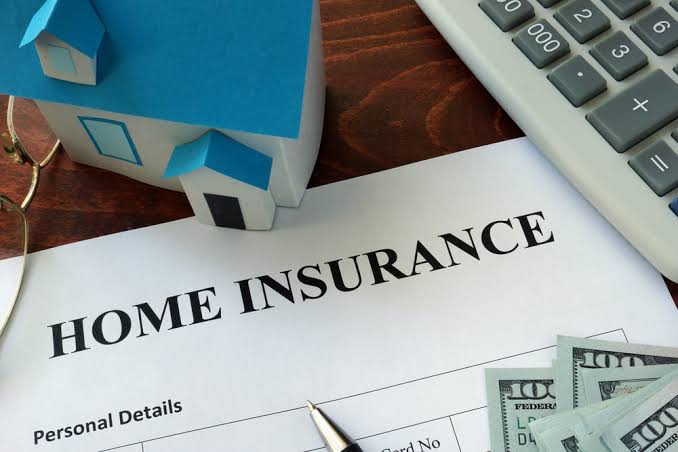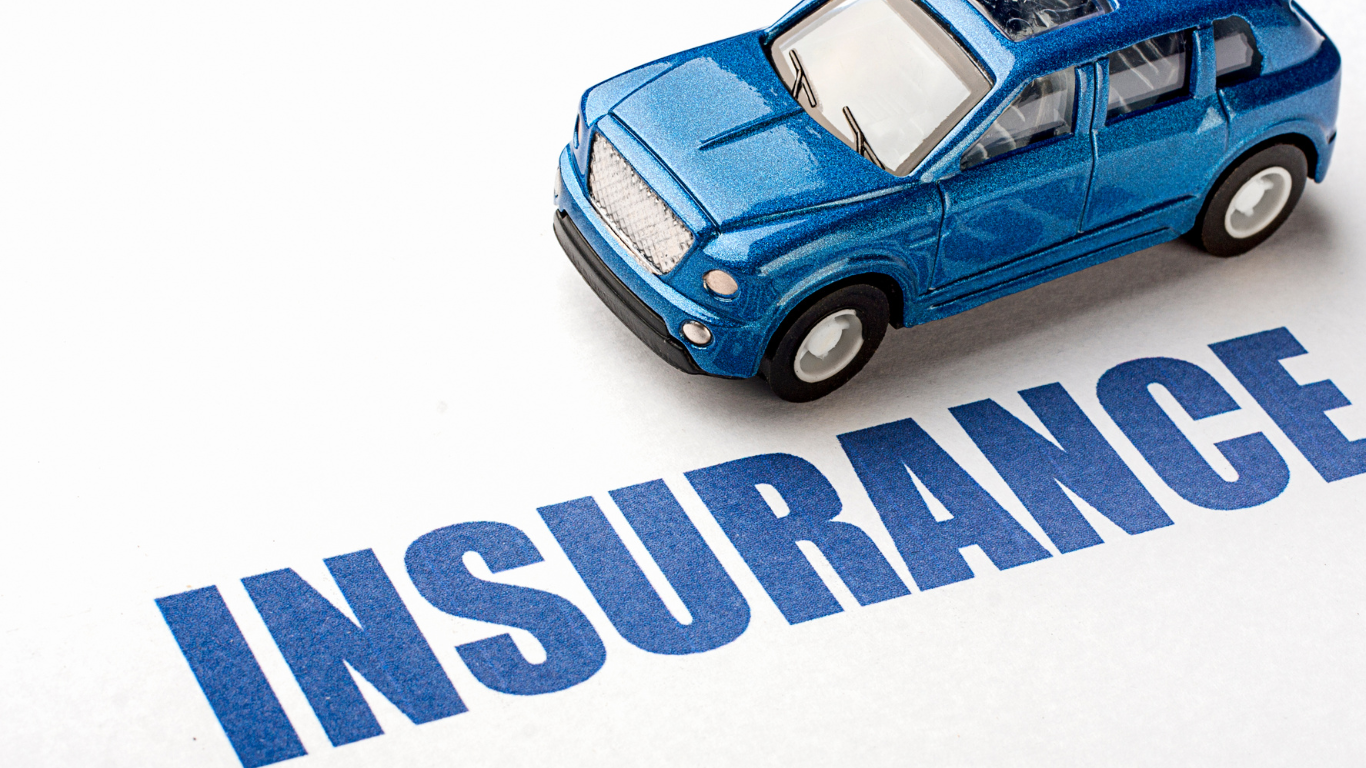Auto Insurance Regulations in Pennsylvania
Knowing your options for Pennsylvania auto insurance is critical whether you’ve recently relocated here or have lived there your entire life. Learn about Pennsylvania vehicle insurance laws by reading the article below. If you live in Pennsylvania, your car must have the minimal minimum of coverage while on the road.
The Pennsylvania Department of Transportation (PennDOT) specifies the documents required to register a car in Pennsylvania. Don’t put it off because some of these are only available at PennDOT facilities or through tag and title specialists.
If you’re relocating to Pennsylvania, keep in mind that you must apply for a Pennsylvania license within a specified number of days after establishing residency, as well as a Pennsylvania title and registration for your vehicle (s).
What are Pennsylvania’s minimal auto insurance requirements?
To legally operate a vehicle in almost every state, you must have a specific level of insurance. The limit is the least amount of insurance you can have while still driving legally in your state. For a relatively small premium increase, these restrictions can be tightened. cheval cheval cheval cheval cheval cheval
Every driver in Pennsylvania is obliged to carry the aforementioned levels of liability insurance. This is frequently written as 15/30/5. This is known as a split limit because it specifies the limits of three different quantities. The three types of coverage are per person, per accident, and property damage.
The following are Pennsylvania’s legal auto insurance requirements:
• Coverage Type: Bodily Injury $15,000 is the equivalent per person.
• Body Injuries Per Accident has an equivalent value of $30000.
• Property Damage coverage has a monetary value of $5000.
No-fault insurance in Pennsylvania
Pennsylvania is one of around a dozen states that use a “no-fault” system for auto insurance. In a no-fault system, regardless of who was at fault in a car accident, your own auto insurance coverage (specifically, your “personal injury protection” or “medical benefits” coverage) will cover any out-of-pocket expenses for medical care incurred by anyone covered by the policy, up to the policy’s coverage limits.
According to state law, your injuries must surpass a certain threshold before you can file a third-party insurance claim or file a lawsuit against the individual who caused the accident.
When a vehicle owner purchases car insurance in Pennsylvania, they can effectively “opt out” of the no-fault system, which is rare among no-fault states. Under Pennsylvania Laws Title 75 section 1705, insurance firms are obligated to offer clients with information about their coverage options, including the ability to opt-in or out. Let’s take a closer look at these two options.
What is Pennsylvania proof of insurance?
• A copy of the insurance company or self-identification insured’s card.
• A duplicate of the declaration page of the insurance policy. When an insurance policy is purchased or renewed, this one is frequently obtained along with the insurance ID card. The declaration page usually lists the drivers and vehicles insured by the insurance.
• A copy of a current insurance binder that has been signed by a licensed insurance agent or broker and has all the required information, excluding the policy number. When a new policy is formed, binders are distributed as temporary proof of insurance paperwork. It is valid for 30 or 60 days.
• If a consumer submits a binder, they must resubmit their insurance documentation when the binder expires. If they are unable to provide proof in any accepted type of insurance, they will be required to serve the suspension;
• A copy of an insurance application for the Pennsylvania Assigned Risk Plan, signed by a licensed producer, that includes all of the information required for the ID card (excluding the policy number) (insurance agent).
• The letter from the insurance company attesting to the insured’s financial responsibility, written on the firm’s letterhead and signed by an underwriter.
Pennsylvania’s young driver car insurance laws
Young drivers can’t wait to get on the road and experience such freedom for the first time. It is critical to become familiar with Pennsylvania’s new driver rules in order to ensure everyone’s safety on the road.
When they reach the age of 16, young drivers can apply for their learner’s permit. They can apply for their limited driver’s license after six months of driving, 65 hours of supervised driving, 10 hours at night, and 5 hours in adverse weather.
After a driver becomes 17 years and 6 months old, all restrictions are lifted, providing they have kept their junior license for 12 months, have not been in an accident, and have not been convicted of anything.
What factors could raise the price of my auto insurance?
Once you’ve selected the right coverage, keep in mind the factors that could raise your premium.
Accidents caused by human error:
Substantial insurance claims arising from at-fault occurrences may affect your premium.
Including a driver in your insurance policy:
If someone else drives your auto, you should include them in your insurance because their driving history and record may raise your insurance premium.
Insurance lapse: When you have a registered automobile but no auto insurance, you have a lapse in coverage. Driving without auto insurance may make you a high-risk driver when obtaining auto insurance in several places.
Examine Local Auto Insurance Quotes
START COMPARING
Pennsylvania Consequences for driving without proof of insurance
Driving without insurance is illegal in the majority of states and involves a variety of penalties. The penalty for driving without insurance may include or exceed the monthly insurance premium.
• Penalty: If you cause an accident, your state’s penalty could be thousands of dollars.
• License suspension: In some states, if you are caught driving without insurance, your license may be suspended or cancelled.
• Seizure of a vehicle: In some places, your auto mobile may be towed, and you will not be able to retrieve it until you present proof of insurance. To get your car back, you’ll have to pay additional impound and reinstatement fees.
• Car and medical expenses: If you are in an accident and do not have insurance, you will be responsible for your own damages, which can be fairly costly depending on the severity of the accident. You may face legal action for personal injury or property damage.
• An increase in the cost of auto insurance: Driving without insurance makes you a high-risk motorist and might increase your insurance premium. SR-22 documentation is required in some places to demonstrate that you can obtain the requisite insurance. If you have an SR-22, your driving record will suffer.
Optional Pennsylvania auto insurance coverage
Full or Limited Tort:
You can pick between full and limited tort insurance. You can reduce your insurance costs by getting limited tort insurance.
All out-of-pocket medical and other expenses can still be recovered, but no damages, such as pain and suffering compensation, can be recovered unless the injuries fall under one of Act 6 of 1990, Chapter 75, Section 1705’s exceptions to limited tort. If you select full tort coverage, you retain all of your legal options against the at-fault party.
Uninsured Motorist (UM): If you are hit by an at-fault uninsured motorist, this coverage covers physical injuries to you, your family, and your passengers. Property damage is not covered by this at all.
Underinsured Motorist (UIM): If you are hit by a careless driver who does not have enough insurance to meet your claim, you, your family, and your passengers are covered for physical harm under the UIM policy.
Property damage is not covered by this at all.
UM or UIM Stacking: This insurance option allows you to acquire UM or UIM coverage from many policies, or to double the amount of UM or UIM coverage by the number of automobiles mentioned on your policy. The cost of adding underinsured or uninsured driver coverage is higher.
Funeral Benefit: If you or a member of your family dies as a result of an automobile accident, this coverage will pay for funeral expenses up to a certain financial limit.
Income Loss: If a car accident renders you unable to work due to injuries, this coverage will compensate you for a portion of your lost wages.
Comprehensive: This may cover theft or damage to your auto caused by hazards such as fire, water, vandalism, or driving over an animal. Most banks or lenders require you to have this insurance in order to obtain a car loan.
Exceptional Medical Benefits: This insurance covers costs for treatment and rehabilitation that exceed $100,000. Maximum coverage is $1 million.
Accidental Death Benefits:
This benefit is paid to the insured’s personal representative if a motor vehicle accident-related physical injury causes death within 24 months of the accident date.
Rental Reimbursement Coverage: If a person suffers a covered comprehensive or collision loss, this coverage will cover their expenditures to rent a car up to the policy’s limit.
Towing Coverage: Towing Coverage pays up to the policy’s maximum for a person’s labor and towing fees for a covered disabled vehicle.
Only automobiles with comprehensive and collision coverage are typically eligible for this coverage.
Gap Coverage: Gap coverage will cover the difference between an insurance company’s total loss settlement and the remaining loan balance on a car.
In the past, this coverage was only available when a person purchased a new vehicle. Want To Learn More (FAQs)?
If you wish to register your auto in Pennsylvania, you must show proof of insurance. Furthermore, your insurance must meet the state’s minimum standards.
• Does insurance cover the vehicle or the driver in Pennsylvania?
In Pennsylvania, your auto insurance will be included with the vehicle. They are covered if a friend or family member crashes your vehicle while you are driving it.
In Pennsylvania, you can buy car insurance without a license. This circumstance covers both model vehicle owners and individuals who own an automobile for a family member to drive.
• Does Pennsylvania Allow Compensation for Decreased Value After an Accident?
Yes. Following an accident, drivers in Pennsylvania have the right to obtain recompense for lost value. The term “diminished value” refers to the difference in the value of your car before and after an accident.
• What changes in Pennsylvania’s auto insurance requirements follow a DUI? Although a DUI conviction in Pennsylvania entails substantial fines and penalties, drivers are not needed to submit an SR-22 insurance application in order to regain their licenses.
• What does it mean, and is it true, that Pennsylvania is a no-fault state?
Yes. Pennsylvania no-fault vehicle insurance rules apply. Because Pennsylvania is a “no-fault” state, all drivers and passengers must obtain a personal injury protection coverage of at least $5,000, which covers medical bills even if the driver or passengers are at fault in an accident.
Is PIP Coverage Mandatory in Pennsylvania?
Yes. Every driver in Pennsylvania is required to have at least $5,000 in personal injury protection coverage.



